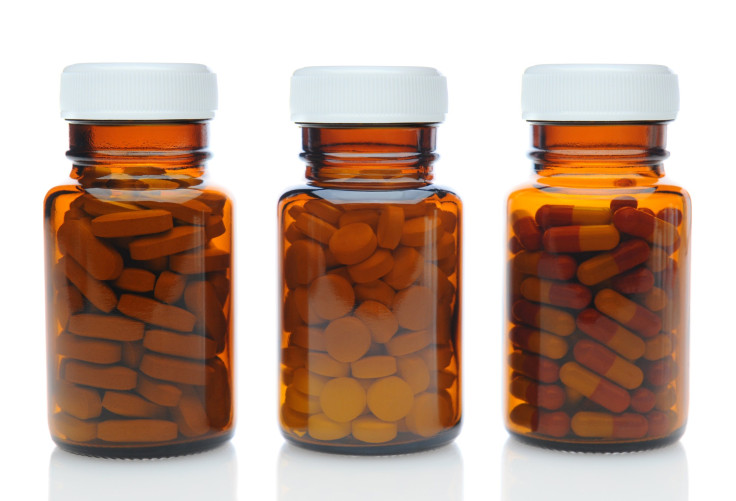ADHD Drug, Vyvanse, Fails To Treat Major Depressive Disorder; May Treat Binge-Eating Disorder

Dublin-based pharmaceutical company, Shire, has announced they will abandon their clinical development program for depression after their drug Vyvanse failed in two late-stage clinical trials. Vyvanse — a top-selling drug for hyperactivity in the U.S. — did not prove it performed better than placebo for adults with major depressive disorder.
Depression and Attention-Deficit Hyperactivity Disorder, are comorbid, which means that patients with ADHD run a likely risk of developing symptoms of depression. Some ADHD medications can even produce symptoms that mimic depression like restlessness, loss of appetite, fatigue, and difficulty sleeping. A drug that treats both disorders could prove to be highly effective for many patients who exhibit symptoms of both.
In the trials, Shire tested Vyvanse as an add-on therapy for adults who did not respond to two common anti-depressants.
In a statement, Shire CEO, Flemming Ornskov, called the news disappointing for patients and the company. Nevertheless, Ornskov said Shire will continue to test Vyvanse for other disorders: “We will later in the year be filing with the FDA for a new indication for Vyvanse in binge-eating disorder in adults.”
Shire had expected to achieve sales of $1.2 billion last November with Vyvanse, which is currently responsible for a quarter of their sales. Vyvanse is used widely in the U.S. and often prescribed to students with ADHD. According to CVS, patients under 20 years old make up 62.7 percent of Vyvanse’s users.
Comorbidity between disorders
Along with depression, researchers have linked ADHD closely with binge-eating disorder since ADHD and binge eating are both hinged on the idea of impulsivity. People with binge-eating disorder feel the episodic compulsion to overeat with the inability to stop. Studies have shown that eating disorders appear more prevalent in patients with ADHD due to a weakened sense of self-control. Long-acting stimulant drugs like Vyvanse are therefore thought to be useful because they strengthen impulse control, allowing patients to regulate their own behavior.
In November of 2013, Shire reported that Vyvanse had successfully treated patients with binge-eating disorder in a late-stage clinical trial of 773 patients. Currently, there are no approved medications aimed at binge-eating disorder on the market.



























